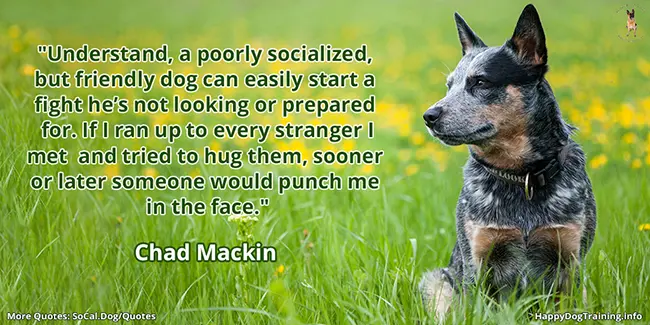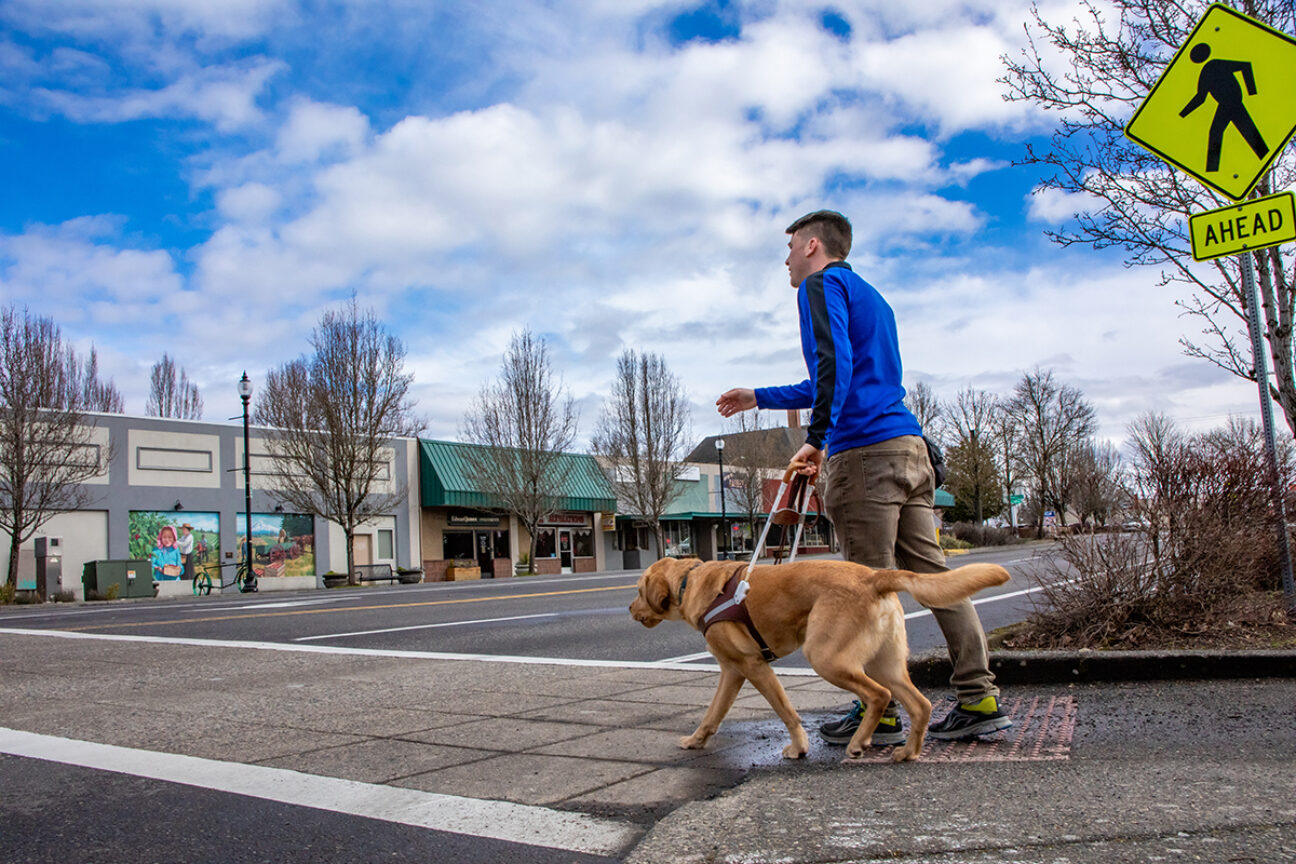The Ultimate Overview to Dog Training Charlotte: Strategies for Success
The Ultimate Overview to Dog Training Charlotte: Strategies for Success
Blog Article
The Ultimate Overview to Dog Training: Building a Delighted, Loyal Animal
Efficient canine training is a diverse process that rests on a deep understanding of canine habits and the application of tested methods. By welcoming favorable reinforcement and consistent command use, pet dog proprietors can grow not only obedience yet also a strong, relying on partnership with their dogs. However, the journey does not end with basic commands; dealing with behavioral issues and developing a nurturing training environment are similarly critical parts. As we discover these elements, it ends up being obvious that the course to a mannerly and content canine buddy might hold much more intricacies than one might initially assume.

Recognizing Dog Habits
Just how does a pet's habits reflect its psychological and psychological state? A pet dog's activities can act as a window into its sensations, needs, and total mental well-being. For example, a wagging tail normally symbolizes happiness and exhilaration, while a lowered tail might indicate anxiety or submission. Articulations such as whining or barking can interact a variety of feelings, from delight to distress.
Body movement additionally plays an important duty in recognizing canine behavior. A kicked back posture and open mouth signal comfort, whereas strained muscles and pinned ears might recommend anxiousness or aggression. Observing these signals is vital for identifying the source of a pet's habits, whether it originates from enjoyment, anxiety, or aggravation.
Furthermore, a pet's communication with its setting and various other pets can give understanding right into its mood. A canine that engages happily with other pets is likely feeling safe and secure and social, while one that displays evasion or hostility might be experiencing anxiety or instability. Understanding these behavioral cues is crucial for cultivating a solid connection in between the owner and the pet, eventually adding to the dog's psychological wellness and health.
Important Training Strategies
Reliable pet training strategies are crucial for fostering desirable actions and reinforcing the bond in between a dog and its proprietor. Utilizing favorable support is one of one of the most reliable methods, where benefits such as treats, praise, or play are offered to strengthen preferred habits (Dog training). This encourages the dog to duplicate those behaviors, developing a positive discovering setting
Uniformity is one more important component in pet training. Commands need to be clear and uniform, and all family participants have to apply the exact same policies to prevent puzzling the pet. Timing is equally important; rewards should be provided quickly after the desired actions to develop a clear link between the reward and the activity.
Furthermore, short and engaging training sessions work, as pet dogs have differing interest periods. Go for sessions of 5 to 15 minutes, depending upon the canine's age and energy level. Including play right into training can also enhance inspiration and pleasure for both the pet dog and the proprietor.
Lastly, persistence is crucial. Pet dogs learn at their own rate, and maintaining a tranquil disposition will certainly assist alleviate stress, making certain a positive training experience. These essential techniques prepared for effective canine training and a harmonious relationship.
Fundamental Commands to Teach

Consistency and positive reinforcement are vital when instructing these commands. Dog training. Use deals with, appreciation, and play to reward your pet's successes. Short, frequent training sessions are a lot more reliable than long, infrequent ones. By instilling these fundamental commands, proprietors furnish Continue their pet dogs with the abilities essential for a harmonious and mannerly connection.
Attending To Usual Behavioral Problems
Comprehending and dealing with from this source usual behavior issues in dogs is essential for promoting an unified partnership between pets and their proprietors. Lots of pet dogs exhibit behaviors such as too much barking, chewing, or aggressiveness, which can originate from anxiety, boredom, or absence of proper training. Identifying the source of these behaviors is the initial action toward effective treatment.
For instance, too much barking might suggest a need for interest or a response to ecological stimuli. In such situations, owners should examine the canine's environment and supply sufficient mental stimulation, such as interactive toys or normal workout. Eating can typically be managed by rerouting the behavior to ideal eat things and making certain that the pet dog has sufficient exercise to lower monotony.
Hostile behavior needs careful handling and might require specialist training support. It's crucial to comprehend that penalty can aggravate stress and anxiety and aggressiveness, leading to a cycle of behavior concerns. Instead, focus on positive support strategies to reward preferable actions and reinforce a feeling of safety and security.
Structure a Favorable Training Environment
Creating a favorable training environment is essential for enhancing preferable behaviors in canines and minimizing behavior issues. This atmosphere needs to be identified by consistency, support, and a clear understanding of the training objectives. By establishing a routine, canines learn what is expected of them, which helps in reducing stress and anxiety and complication.
Using favorable support techniques, such as deals with, appreciation, and play, promotes a complacency and inspiration in the canine. Rewarding excellent actions immediately and regularly reinforces the desired actions, making the training procedure extra reliable - dog training near me. Additionally, trainers should continue to be patient and tranquility, as pets are delicate to their handlers' emotions
The training area must be devoid of diversions to make sure the pet dog can concentrate on the tasks available. Take into consideration using a silent area or a protected outside location. Furthermore, incorporating playtime and socializing into training sessions advertises an all-round method, enhancing the dog's discovering pet behavior training experience.
Ultimately, a favorable training atmosphere supports a strong bond in between the canine and trainer, causing an obedient, pleased pet. By prioritizing this environment, pet proprietors can successfully deal with behavior challenges and grow a successful training trip.
Verdict
Efficient canine training relies on a thorough understanding of canine actions and the application of positive support strategies. Adopting these concepts guarantees a rewarding training experience for both dogs and their owners.
Reliable dog training is a complex process that pivots on a deep understanding of canine habits and the application of tried and tested strategies. A dog that involves happily with other pet dogs is most likely feeling social and protected, while one that shows avoidance or hostility might be experiencing stress or insecurity.Reliable pet dog training strategies are crucial for cultivating desirable actions and reinforcing the bond between a canine and its proprietor.Producing a positive training environment is fundamental for strengthening desirable behaviors in canines and minimizing behavioral problems.Efficient canine training relies on a detailed understanding of canine habits and the application of favorable support strategies.
Report this page